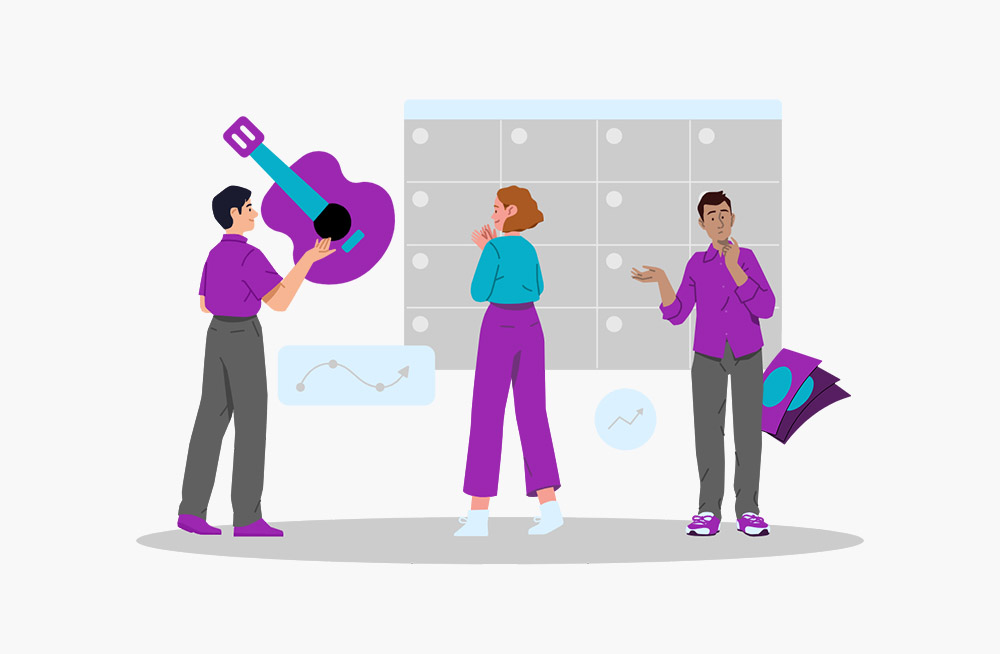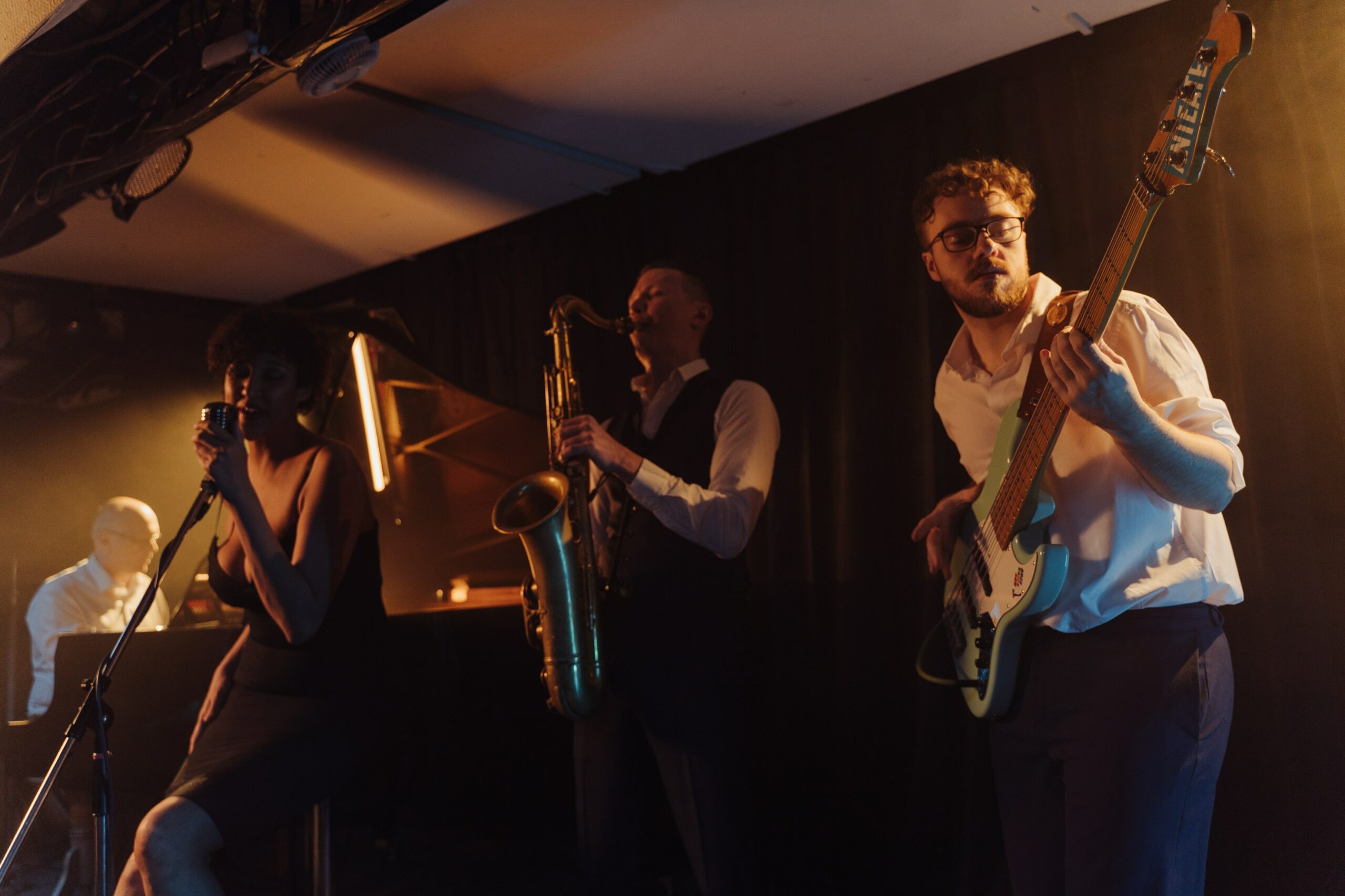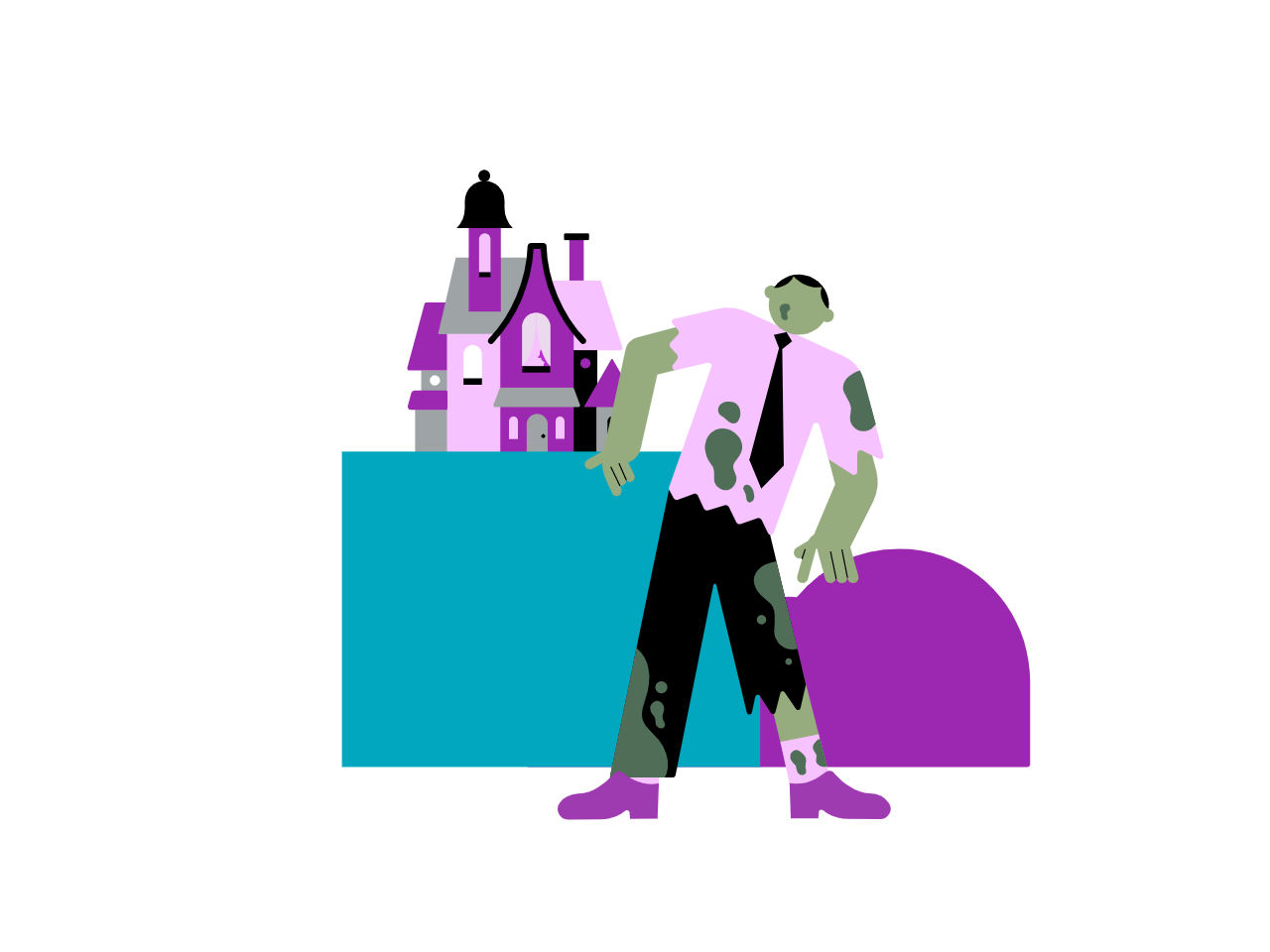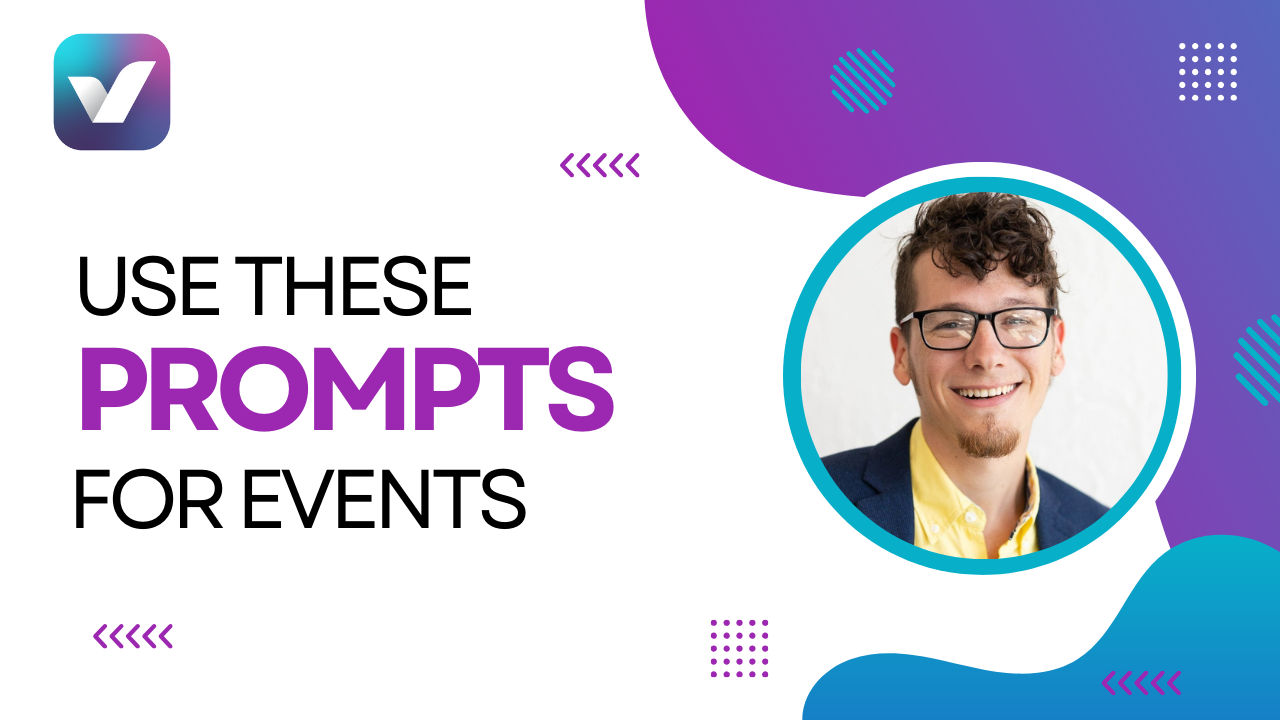
As a small music venue owner, it can be overwhelming to navigate the many challenges that come with running a successful business. From booking talent and attracting patrons to managing finances and ensuring safety, there is a lot to consider.
In this conversation, we talk to a music venue owner about the most important things to focus on and the common issues that can arise when running a small music venue.
Whether you’re just starting out or have been in the business for a while, this conversation offers valuable insights and practical advice for anyone looking to make their music venue a success.

First Things To Consider
“I just took over a small music venue. It has a bar and sells some food, but our main focus is the music. What are some of the most important things I should focus on first.”
There are several important things to consider when running a music venue. Here are a few:
- Legal and regulatory issues: Make sure you have all the necessary licenses and permits to operate your venue. This may include a liquor license, food service permit, and entertainment permit.
- Safety and security: It’s important to ensure that your venue is safe and secure for both your patrons and your staff. This may include implementing security measures such as hiring security guards or installing security cameras.
- Marketing and promotion: You’ll need to market your venue to attract patrons and book talent. This may include creating a website, social media presence, and promoting events through local media outlets.
- Talent booking: You’ll need to book and schedule acts to perform at your venue. This may involve negotiating contracts, arranging travel and accommodations for the performers, and handling payouts. You may also want to consider other event types for music venues to draw a diverse crowd.
- Customer service: Providing excellent customer service is essential for the success of your venue. This includes ensuring that patrons have a positive experience at your venue, as well as addressing any issues or concerns that may arise.
- Finances: Managing the finances of your venue is crucial. This includes setting ticket prices, keeping track of expenses and revenue, and handling payroll for your staff.
Can a Small Music Venue Be Successful?
“Are there very many small music venue bars that are successful?”
It can be challenging for small music venues to be successful, as they often have to compete with larger, more established venues for both talent and patrons. However, many small music venues are able to find a niche and build a loyal customer base by offering a unique atmosphere or a specific genre of music.
It’s also important for small music venues to have a strong marketing and promotion strategy to attract patrons and book talent.
By focusing on providing a high-quality experience and building a strong reputation, small music venues can be successful.
Creating a High-Quality Experience
“How do I create a high quality experience for my venue?”
There are several ways to create a high-quality experience for patrons at your small music venue:
- Offer a variety of music: Consider booking a variety of acts to appeal to different tastes. This may include local bands, touring acts, and DJ’s.
- Provide excellent customer service: Ensure that your staff is friendly and attentive to patron needs. This includes handling any issues or concerns that may arise in a prompt and professional manner.
- Offer a range of food and beverage options: Consider offering a range of food and drink options, including non-alcoholic options.
- Create a welcoming atmosphere: Consider the overall atmosphere of your venue, including the decor and layout. Aim to create a warm and welcoming atmosphere that patrons will want to return to.
- Keep the venue clean and well-maintained: Make sure the venue is clean and well-maintained, as this can greatly impact the patron experience.
- Offer value for money: Consider offering promotions or discounts to attract patrons and ensure that they feel like they are getting good value for their money.
- Foster a sense of community: Consider hosting events or activities that bring patrons together and create a sense of community at your venue. This could include open mic nights, trivia nights, or other social events.
How Much Should You Pay Talent?
“How much should I be paying local bands?”
It’s difficult to say exactly how much you should pay local bands, as the amount can vary depending on a variety of factors such as the band’s level of experience and popularity, the length of the performance, and the size of the venue.
Some venues pay local bands a flat fee for their performance, while others offer a percentage of the door or bar sales. It’s important to consider what is fair and reasonable for both the venue and the band, and to have a clear agreement in place before the performance.
It may be helpful to research what other venues in your area are paying bands and to consider the financial realities of running your venue when determining how much to pay local bands.
“Is it reasonable to just ask the band how much they want to make?”
It is generally not a good idea to ask the band how much they want to make, as this puts the onus on the band to come up with a number and may lead to uncomfortable negotiations.
Instead, it is typically the venue’s responsibility to make an offer to the band based on their level of experience and popularity, the length of the performance, and the size of the venue.
Once you’ve booked a few bands, you’ll start to have a better idea of what bands with different levels of experience consider fair pay. Try to find out what other shows the act has played in your area.
Having a big following is helpful, but if they can’t draw a crowd locally it can be challenging to promote the event. It can be a good strategy to book a mix of well-known bands and up-and-coming acts.
The band can then either accept the offer or negotiate for a different fee. It’s important to have a clear agreement in place before the performance to avoid any misunderstandings.
Providing a Great Experience For Patrons
There are a variety of issues that may come up for patrons at a music venue. Some common issues include:
- Long wait times: Patrons may become frustrated if they have to wait a long time to enter the venue, use the restrooms, or get food and drinks.
- Noise levels: Some patrons may find the music or noise levels at the venue to be too loud or disruptive.
- Crowd control: If the venue becomes too crowded, patrons may feel uncomfortable or unsafe.
- Parking: Lack of available parking or issues with parking facilities can be frustrating for patrons.
- Security: Patrons may have concerns about their safety or the safety of their belongings while at the venue.
- Accessibility: Patrons with disabilities may have issues accessing the venue or certain areas of the venue.
It’s important for the venue to be proactive in addressing any issues that may arise to ensure that patrons have a positive experience.
“We have very limited parking. How can I get creative about where my patrons can park.”
If your small music venue has limited parking, here are a few ideas to help your patrons find parking:
- Partner with nearby businesses: Consider reaching out to nearby businesses to see if they would be willing to allow your patrons to use their parking lots during events. You could offer to promote the business in return.
- Utilize alternative transportation options: Encourage patrons to carpool, take public transportation, or use ride-sharing services to get to your venue.
- Offer valet services: Consider hiring a valet service to help patrons park their cars. This can be especially helpful if your venue is in a busy or crowded area.
- Use a shuttle service: If your venue is located a short distance from a large parking area, consider hiring a shuttle service to transport patrons back and forth.
- Consider off-site parking: If there are no parking options available in the immediate area, consider partnering with a nearby business or lot to offer off-site parking with shuttle service to and from the venue.
- Communicate parking options to patrons: Be sure to clearly communicate any parking options or limitations to patrons in advance, so they can plan accordingly.
“What are common accessibility concerns for a music venue?”
Common accessibility concerns for music venues may include:
- Physical accessibility: Patrons with physical disabilities may have difficulty accessing the venue or certain areas of the venue due to steps, narrow doorways, or other physical barriers.
- Hearing accessibility: Patrons who are deaf or hard of hearing may have difficulty enjoying the music or hearing announcements if the venue does not have proper sound amplification or other accommodations. Some bigger venues and festivals interpreters signing lyrics for those hard of hearing.
- Visual accessibility: Patrons who are blind or have low vision may have difficulty navigating the venue or following the performance if the venue does not have proper lighting or visual aids.
- Mobility accessibility: Patrons with mobility disabilities may have difficulty moving around the venue if there are stairs or other physical barriers.
It’s important for music venues to be inclusive and consider the needs of all patrons, including those with disabilities.
This may involve making physical modifications to the venue, providing assistive technology or services, or offering accommodations such as reserved seating.
Promoting a Local Music Venue
“You said that marketing and promotion was one of the most important things for a small music venue to be successful. What are the best ways to market and promote a small venue?”
Here are a few ideas for promoting your venue:
- Create a website: A website is a great way to provide information about your venue, including event schedules, ticket prices, and directions. This also gives you a chance to be found in Google search.
- Use social media: Social media platforms such as Facebook, Instagram, and Twitter can be a useful tool for promoting events and engaging with patrons. You can even set up some basic automations with Zapier to repost from Instagram to Facebook and Twitter. That way you can focus on making posts about your events just once. Don’t forget to check for messages and comments on other platforms and be responsive as if a friend was texting you.
- Send out newsletters: Consider sending out newsletters or email blasts to patrons to keep them up-to-date on events and promotions. Music venues often sell the majority of their tickets through their email newsletter. Some ticketing providers will automate this or make it very easy.
- Utilize local media: Reach out to local newspapers, radio stations, and TV stations to let them know about events at your venue and get your events onto their community calendars. Event Vesta has a service that can automate this for you.
We also have a huge library of other blogs, downloadable checklists, templates, podcasts, and research reports on event marketing with a heavy focus on the independent entertainment industry.
“Should the bands do the promotion or the music venue?”
Both the bands and the music venue should be involved in promoting events. The bands can help promote their performances at the venue through their own social media channels, newsletters, and website, and by reaching out to their fan base.
The venue can also promote the event through their own marketing channels, as well as by utilizing local media and partnering with local businesses.
It’s a good idea for the venue and the bands to work together to develop a promotion plan for each event to ensure that it is well-promoted and successful.
Promoting a Local Music Venue With Limited Time & Budget
“What if I don’t have time or much money to promote?”
If you don’t have much time or money to devote to promotion, there are still some things you can do to get the word out about your venue and events:
- Use social media: Social media is a great way to reach a large audience without incurring significant costs. Consider creating a page for your venue on platforms such as Facebook, Instagram, and Twitter, and use them to promote events and engage with patrons. As much as you can use automation tools to eliminate the tedious work of posting the same thing in many places.
- Utilize local media: Many local media outlets, such as newspapers, radio stations, and TV stations, are willing to promote events at no cost. At minimum, create an email list that you can copy and past to local news outlets. Send them information about upcoming bands and offer to connect the band for interview or offer free tickets for them to give aways as promotion.
- Partner with local businesses: Consider partnering with local businesses to promote your events. For example, you could offer a discount to patrons who present a receipt from a nearby restaurant or offer VIP section access to nearby offices to get them to consider your venue for future outings.
- Use word-of-mouth: Encourage patrons to spread the word about your venue and events by offering incentives such as discounted tickets or merchandise.
- Offer discounts and promotions: Consider offering discounts or promotions to attract patrons, such as discounted tickets for students or early bird specials.
Cover, Tickets, or None?
“Should I charge a cover, ticket the shows, or rely on food and beverage sales?”
There are pros and cons to each of these options, and the best choice for your venue will depend on your specific circumstances. Here are a few things to consider:
- Charging a cover: Charging a cover or door fee can help generate revenue for your venue. However, it may deter some patrons from attending, especially if your venue is in a competitive market. Figuring out the right cover amount for your market is key.
- Ticketing shows: Ticketing shows can be a good way to generate revenue and ensure that you have an accurate headcount for each event. It can also make it easier to track sales and revenue. However, it may be more time-consuming to manage ticket sales, and you may have to pay a fee to a ticketing company.
- Relying on food and beverage sales: Relying on food and beverage sales can be a good way to generate revenue, especially if your venue has a bar. However, it may not be sufficient to cover the costs of hosting events, especially if you have to pay for talent or other expenses.
Ultimately, the best approach will depend on your specific circumstances and goals for your venue. It may be helpful to experiment with different pricing models and see what works best for your venue.
Conclusion
We hope this conversation has provided valuable insights and practical advice for music venue owners looking to make their business a success. If you’re looking for more information on how to run a successful small music venue, be sure to check out our other blog posts and resources.
From tips on booking talent and attracting patrons to advice on managing finances and promoting your venue, we have a wealth of information to help you navigate the challenges of running a music venue.
We invite you to explore our blog and resources, and to reach out to us with any questions or concerns you may have. Together, we can help make your small music venue a thriving and successful business.
Streamline Your Event Promotion With Event Vesta's Promotion Services
Join the 30,000+ events using Vesta

Author: Craig Heron
Craig is the Director of Marketing at Event Vesta. He is also Director of the event organization Scale Omaha that cultivates a startup community in Omaha, Nebraska. Previously he was VP of Marketing at Beeso Studio, President of the Board of Directors at Winker Gallery of Fine Art, and spent nearly a decade in event technology in Austin, Texas and Pittsburgh, PA.


